 A few of you have asked me over the past few months whether I have an opinion on MFA (Master of Fine Arts) programs in creative writing, and (surprise!) I have several. It's really kind of a mixed bag and my theories/advice as to who should apply for admission to such programs and who shouldn't vary greatly based on individual circumstances, but hopefully I can dispel a few rumors and offer some very general guidelines.
A few of you have asked me over the past few months whether I have an opinion on MFA (Master of Fine Arts) programs in creative writing, and (surprise!) I have several. It's really kind of a mixed bag and my theories/advice as to who should apply for admission to such programs and who shouldn't vary greatly based on individual circumstances, but hopefully I can dispel a few rumors and offer some very general guidelines.For those not in the know, the MFA is a one- to three-year terminal art degree (the majority take two years to complete). By "terminal" I mean that you're qualified to teach college with said degree (until a few years ago it was also the highest degree in the field, but the growing popularity of the creative writing Ph.D. has muddied the waters somewhat). The degree can generally only be earned in fiction, poetry, playwriting, or screenwriting, with the former two being the most common disciplines. Many Very Fancy Writers™ these days do, in fact, hold MFAs from some very prestigious programs (the University of Iowa, the University of Michigan, Columbia, Cornell, Brown, the University of Texas, &c).
So the main question: do you need an MFA to be taken seriously as a writer?
The very short (and, I hope, obvious) answer: no. No one is handicapped in this industry by not having an MFA, and the actual degree itself will probably do very little in the way of securing representation or book deals for most writers. The long(er) answer is as follows, in patented Bullet-O-Vision™:
· While the physical degree may not be tremendously useful in terms of getting you an agent and a six-figure advance, your writing will likely improve tremendously as a result of taking two or so years to do nothing but read, write, and workshop fiction. If your prose is currently promising but purple, the kind of immersive study found in an MFA program could polish your writing to Very Fancy Writer-level lustre (complete with British spelling!).
· Additionally, the network of professors, mentors, visiting agents, and classmates you'd be likely to form in an MFA program can be of huge help down the line. Your professor or classmate might refer you to his or her agent; a visiting agent might take special interest in your novel-in-progress; you may end up making friends with several future agents and editors. You get the idea.
· And now, the caveats: active participation in an MFA program will almost certainly improve your writing, but most (if not all) programs are geared toward literary fiction. If you're writing young adult/children's fiction or genre fiction of any kind, the degree won't really give you the opportunity to do substantial work in those areas.
· Mentioning your MFA in a query letter to an agent probably won't impress them, unless it's from a top-tier program like Iowa or Columbia (and possibly not even then). There is simply more supply than demand when it comes to MFA graduates, and to be honest, agents are interested in your novels, not your alma maters.
· While not all graduates of MFA programs go on to teach, the degree often includes a teaching element and assumes, to some extent, an interest in academia or an academic career. If you have no such aspirations, you might want to think twice before applying.
· Finally, even though the economy seems to be recovering somewhat from the recession, it's still a very tough employment market out there. If you've currently got a good job, it might not be the best time to give it up to pursue graduate studies. True, there are several part-time and low-residency MFA options out there, but those are often unfunded, meaning you would be paying the school for your degree and not the other way around.
So, basically, my view is: if you're doing literary work, you think you might want to teach college, and you don't already have a decent job, go for the MFA. Otherwise, you might want to think twice. No one needs a license to be an author, and if you're considering pursuing the degree purely for some perceived recognition or sense of legitimacy as a writer, you might want to find a new line of work.




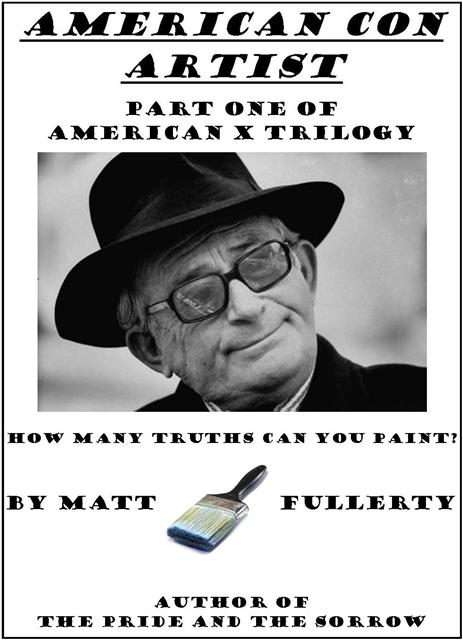cropped.jpg)
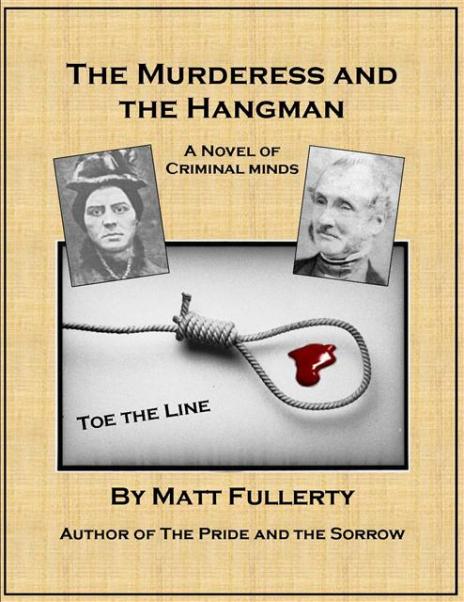.jpg)
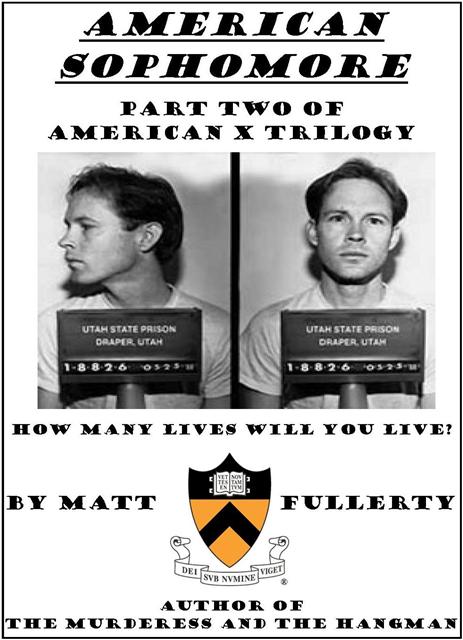cropped.jpg)
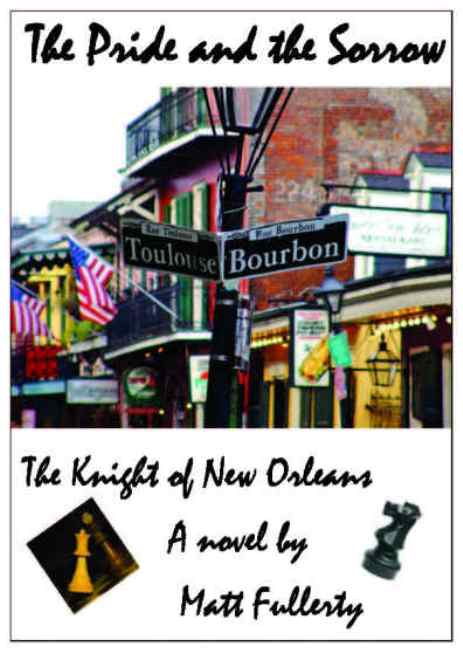2.jpg)
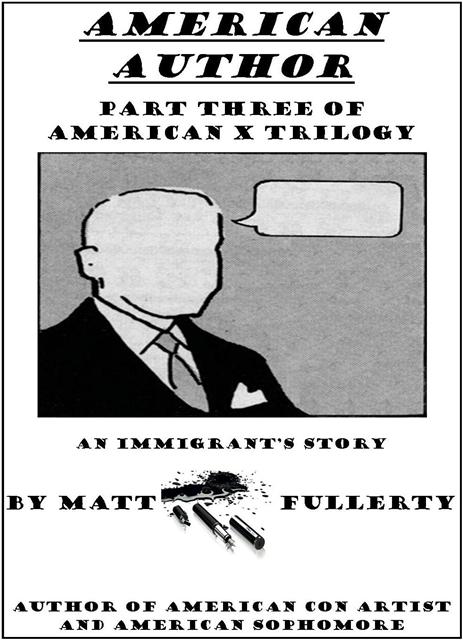Cropped.jpg)
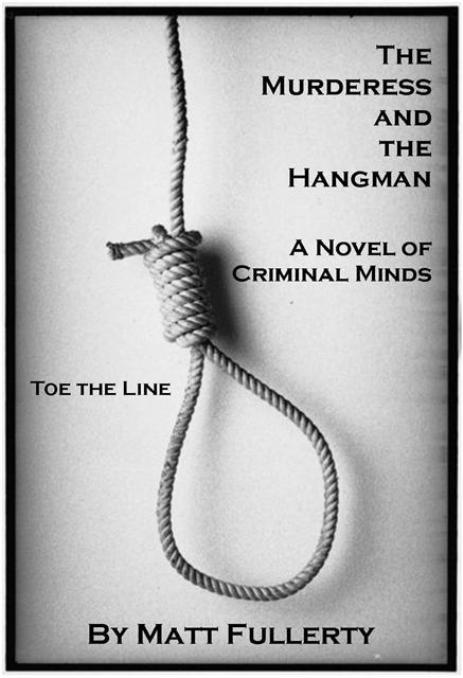cropped.jpg)
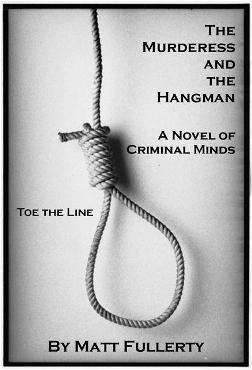4.jpg)






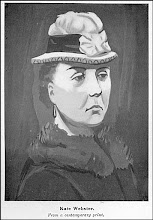














No comments:
Post a Comment